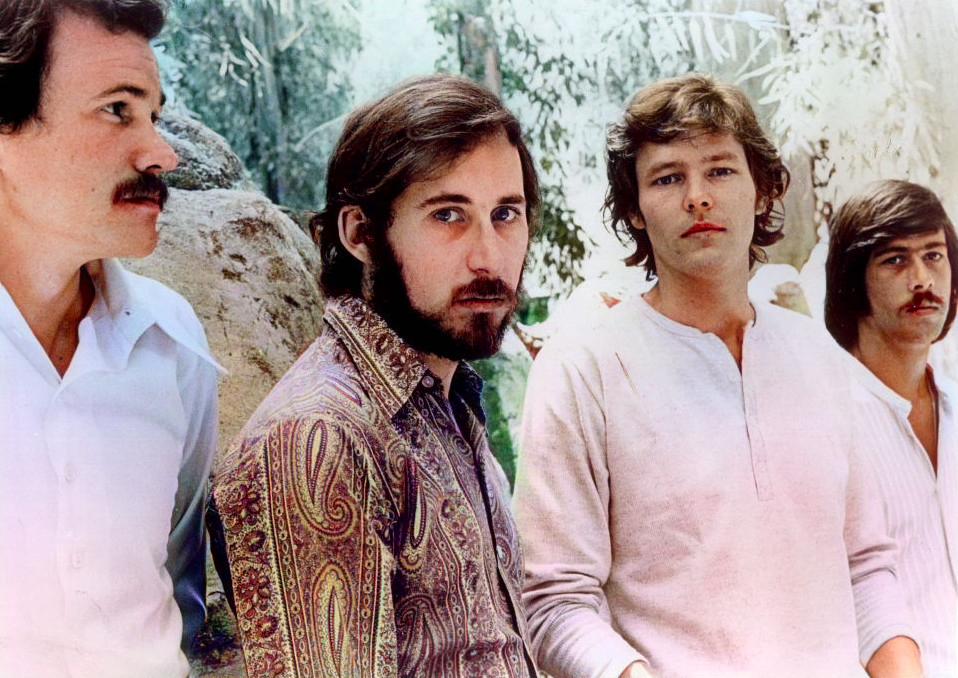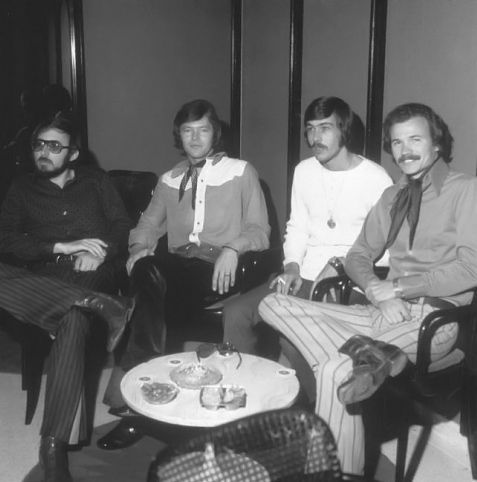
A Melancholic Reflection on Lost Love and Memories
In the tender embrace of the 1970s, a decade rich with soulful ballads and introspective lyrics, Bread emerged as one of the quintessential voices of the era. Their song, “Diary,” released in 1972, is an evocative piece that tenderly captures the essence of love, heartache, and the bittersweet passage of time. Featured on their album “Baby I’m-a Want You,” “Diary” is a poignant narrative that resonates deeply with anyone who has ever ventured into the delicate world of romance only to find themselves wistfully paging through memories of what once was.
Upon its release, “Diary” enjoyed a warm reception, reaching notable positions on music charts and securing its place in the hearts of listeners. It was a time when the airwaves were dominated by rock ‘n’ roll and disco beats, yet Bread’s gentle melodies carved out a niche for those yearning for something more introspective. The song’s success was a testament to its universal appeal—a reminder that even amidst changing musical tides, there is always room for stories that speak to our most intimate experiences.
The story behind “Diary” is as compelling as its haunting melody. David Gates, the band’s primary songwriter and lead vocalist, crafted this piece with his characteristic sensitivity and keen observation of human emotions. The song tells the tale of a man who discovers his lover’s diary, only to find that her affections lie with another. It’s a narrative steeped in irony and heartache—a reminder that love can be as elusive as it is enchanting.
As we delve into the lyrical content of “Diary,” it becomes evident that Gates possessed an uncanny ability to translate complex emotions into simple yet profound lyrics. The diary becomes a metaphorical window into the soul—each entry a snapshot of moments filled with hope, desire, and ultimately, disillusionment. Through his poignant storytelling, Gates invites listeners to reflect on their own romantic journeys—the dreams cherished and the realities faced.
For those who experienced the song during its initial release, “Diary” likely evokes memories of personal moments etched in time—first loves, unspoken words, or perhaps the quiet acceptance of paths not taken. Its gentle melody and heartfelt lyrics serve as both a comfort and a cathartic release for those grappling with similar experiences.
For modern listeners discovering “Diary” anew, it offers a glimpse into an era where music was a mirror reflecting the deepest corners of our hearts. It’s a testament to Bread’s enduring legacy—a band whose music continues to resonate across generations. As we listen to “Diary,” we are reminded that while times may change, the essence of love—its joys and sorrows—remains timeless.
In revisiting this classic ballad, one cannot help but feel a sense of nostalgia for an era when music was not just heard but felt deeply within one’s soul. Bread, through songs like “Diary,” has given us not just melodies but memories—a lasting gift that continues to touch lives long after the final note has faded away.
